Personalized attention. Professional growth. Community impact.
Help fill the growing need for exceptional future mental health counselors by earning your clinical mental health counseling degree. Gain the skills to assess, diagnose, and provide therapeutic interventions for individuals and groups experiencing mental health or emotional difficulties.
Learn about the foundational aspects of professional counseling, including ethical principles, multicultural competence, and professional standards. Study human development to acquire competency in the analysis of clients, including diagnosis, case conceptualization, and developmental considerations across the lifespan.
APPLICATION DEADLINES
Spring Semester: December 1
Summer Semester: April 1
Fall Semester: July 1
Quick Highlights
- On-campus morning classes
- 60 credits, three-year completion
- Fall, spring, and summer semester start
- Expand your credentials with an addictions counseling certification with no additional time
- Meets curriculum licensure requirements for Iowa, Wisconsin, Illinois, and Minnesota for greater opportunities
Career Opportunities
Graduates who become licensed mental health counselors work in a wide range of mental health service organizations.
Find Your professional focus
- Community counseling centers
- Group and private practice
- School-based therapist
- Family counselor
- Hospitals and hospice
Flexible Format
Courses held one morning per week, always ending before noon and primarily face-to-face on campus. However, one to two core curriculum courses, plus summer electives, will be online or hybrid. This allows you to focus on your preparation as a mental health counselor and balance needs outside of academia.
State Licensure
Our program curriculum meets the licensure requirements for Iowa, Wisconsin, Illinois, and Minnesota, making obtaining a license in these states easy. If you desire to work in additional states, the program director meets with you individually to ensure licensure eligibility in those locations.
Dedicated Faculty
You’ll learn from doctoral-level faculty who are practicing professionals. Their knowledge in specialty areas of study and professional networks leverages extensive field placements where you can meet both program and state criteria for practicum and internships.
Addiction Track
You can add an addictions track to your degree by completing just 3 additional courses required to become a Certified Alcohol and Drug Counselor (without adding any time to your overall Counseling degree completion length).
Mental Health Club
Collaborate and build supportive relationships across the program’s cohorts as part of our graduate student Mental Health Club! Students determine what activities they want for professional identity development, and provide service to the community. Events include alumni panels, Take Back the Night events, social events, service projects such as food drives, mentorship for new students, and more.
Learn More
By requesting information, I authorize Loras College to contact me by email, phone, or text at the number provided. By providing your number, you consent to receive notifications from this organization. Reply STOP to unsubscribe. Message and data rates may apply.
Admission Criteria & Eligibility
A holistic admission decision will be based on multiple factors, including fit of career goals, aptitude for in-person graduate-level study, and potential success in forming effective counseling relationships with diverse populations.
- A minimum cumulative GPA of at least 2.75 (or 2.9 in the last 60 credits)
- Completion of at least 9 credits in the behavioral sciences
Application Checklist
Requirements & Schedule
CMHC STANDARDS
The Loras Clinical Mental Health Counseling program aligns with state education requirements.
Book a Grad Chat
or Campus Visit
It does not matter if you are near or far: we want to talk with you! Chat with us via Zoom or come take a personalized campus visit to learn more about the curriculum, program outcomes, internships, job market, enrollment process, and more.
Get in Touch
Financial Aid
Advanced degrees are worth the investment. We have options to help you make your educational goal a reality, and financial aid helps open doors for your future.
Tuition & Fees
Understand the costs before applying. Review tuition, fees, and living expenses to create a realistic budget. Financial planning is key to success in an advanced degree.
Scholarships
Loras offers scholarships to new, incoming graduate students. Each master’s degree program has a one-time, $2,000 scholarship for one new student, each program entry term.
Straight Talk from a Duhawk
Loras provided me the small campus experience I was seeking. I was able to form strong social connections, work closely with my instructors, and find employment during and after graduation.
— Brooke Martin, MA, LMHC, DBTC
Frequently Asked Questions
Graduate Programs FAQ
MEET YOUR PROFESSORS
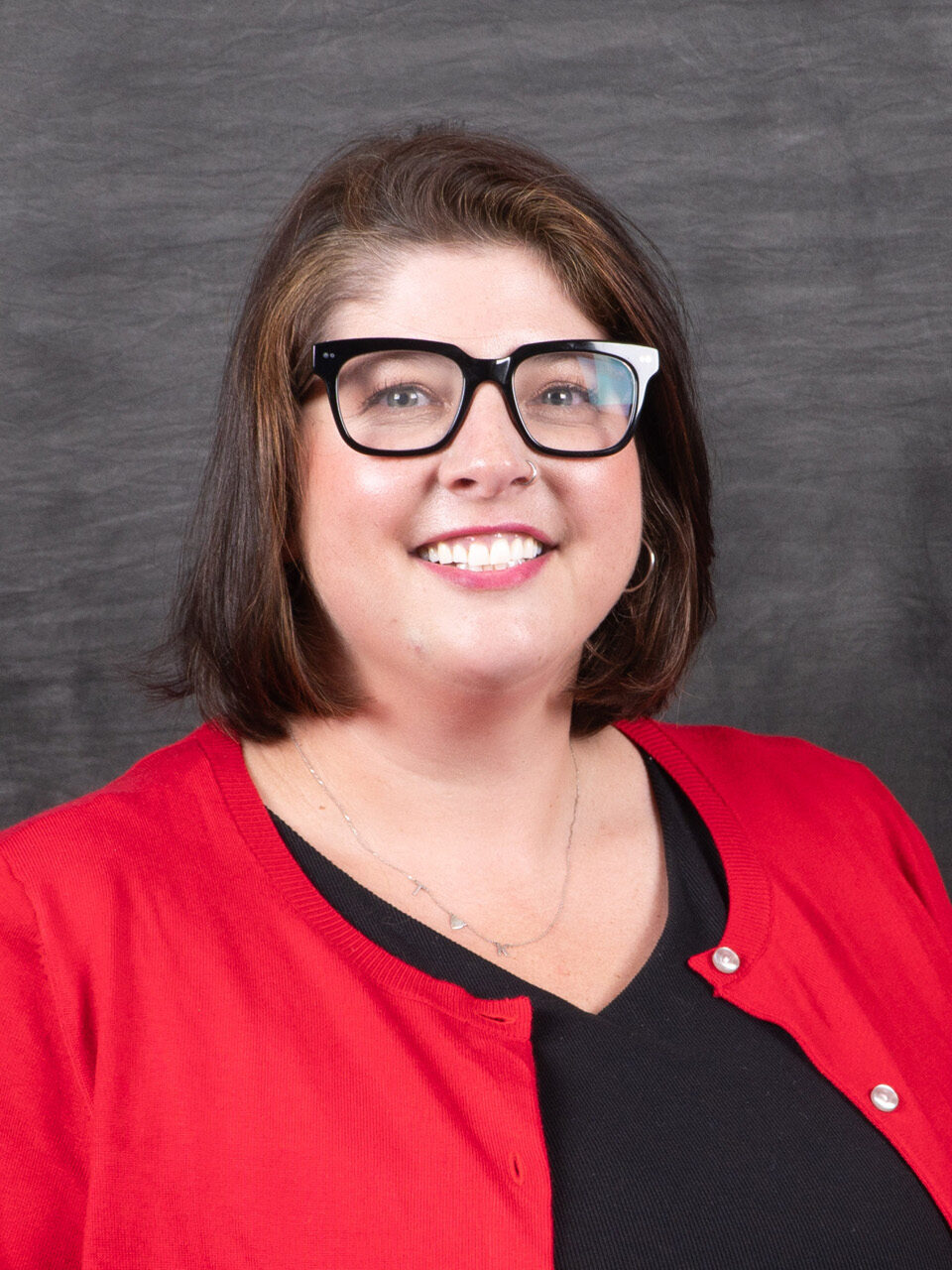
Lindsey Bartgis PhD
Assistant Professor of Psychology
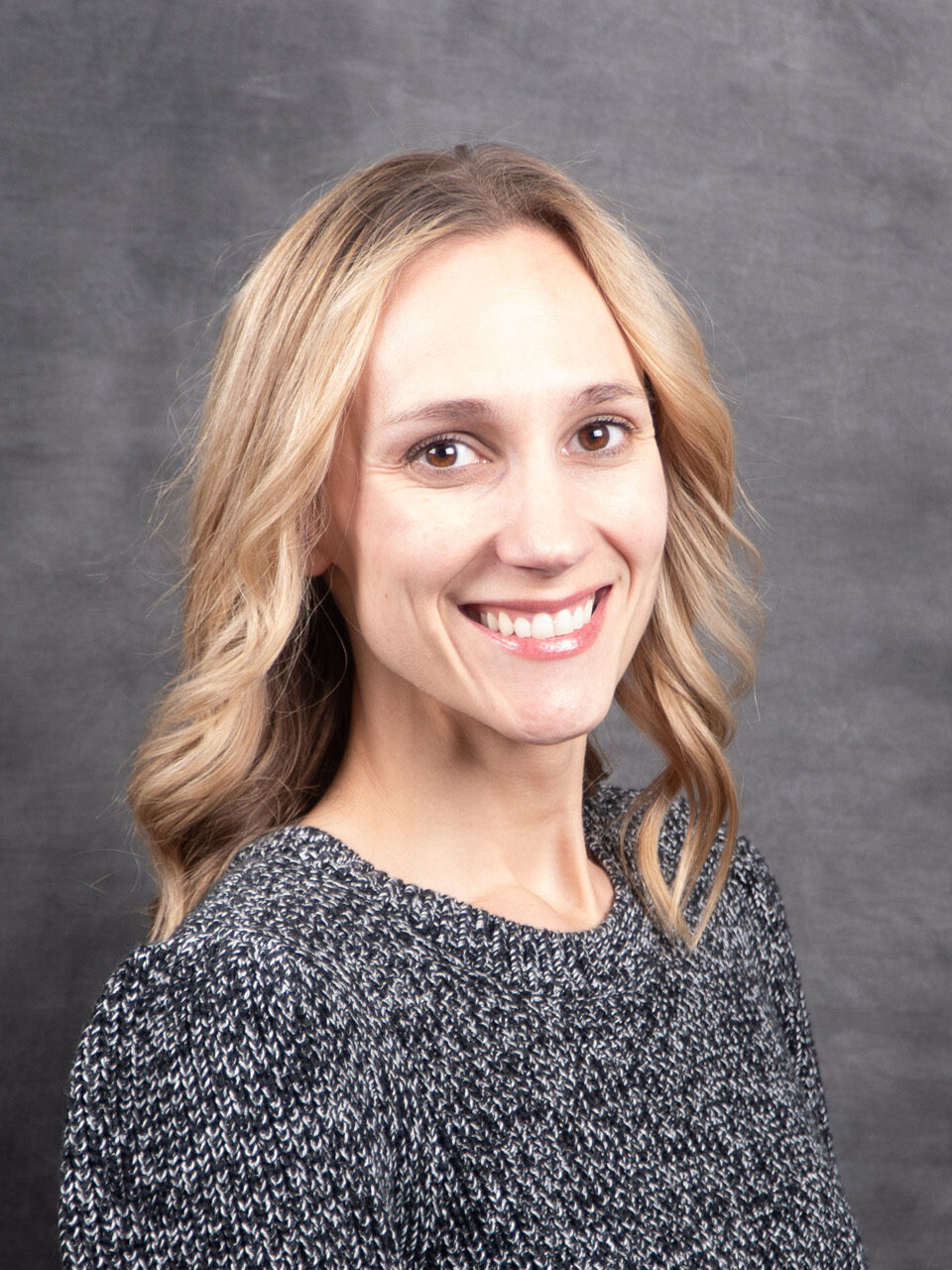
Laura Boddicker PhD LMHC CRC
Assistant Professor of Counseling
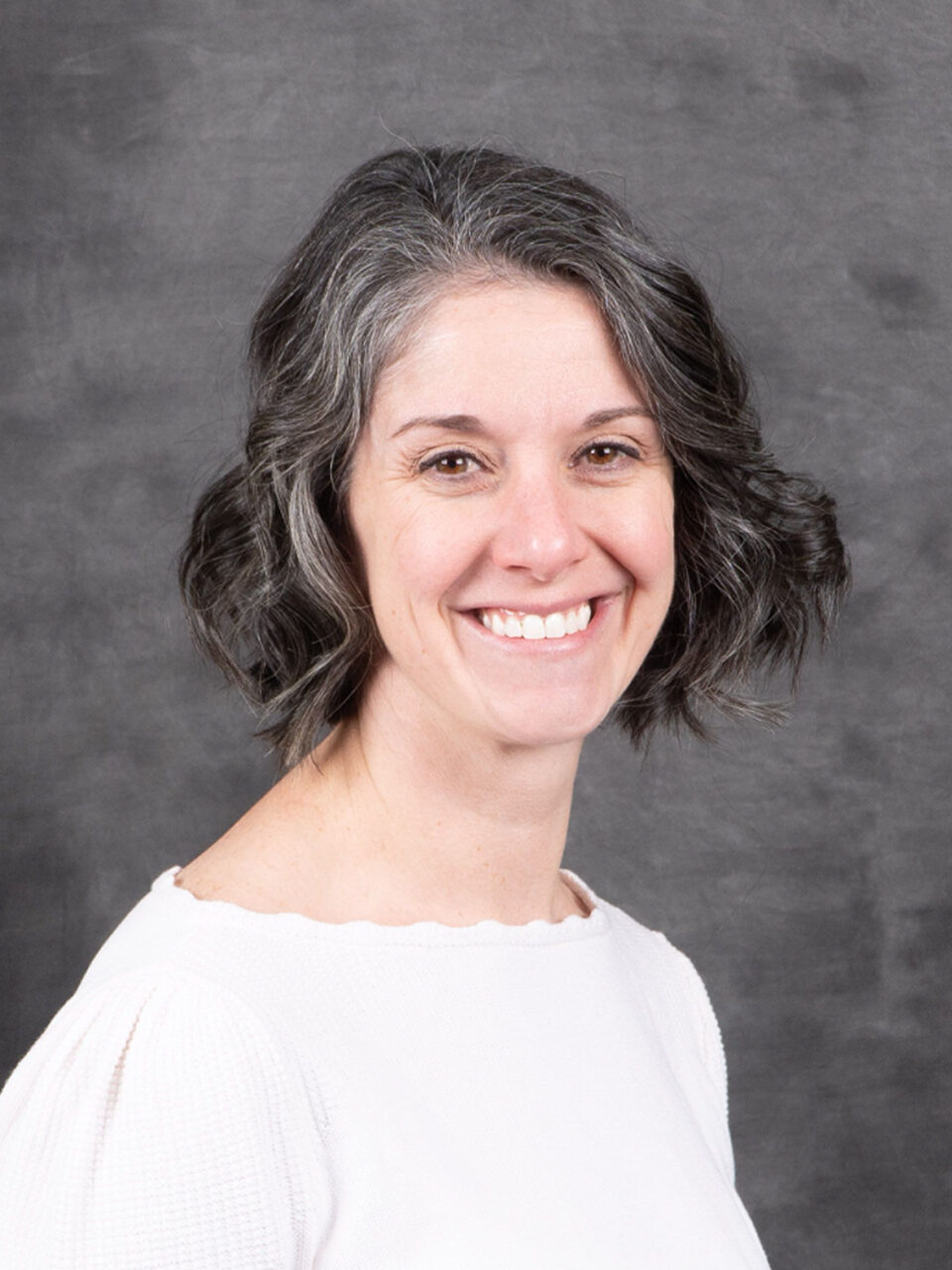
Kirstin Lauritsen PhD LP
Assistant Professor of Psychology
Practicum and Internship Coordinator
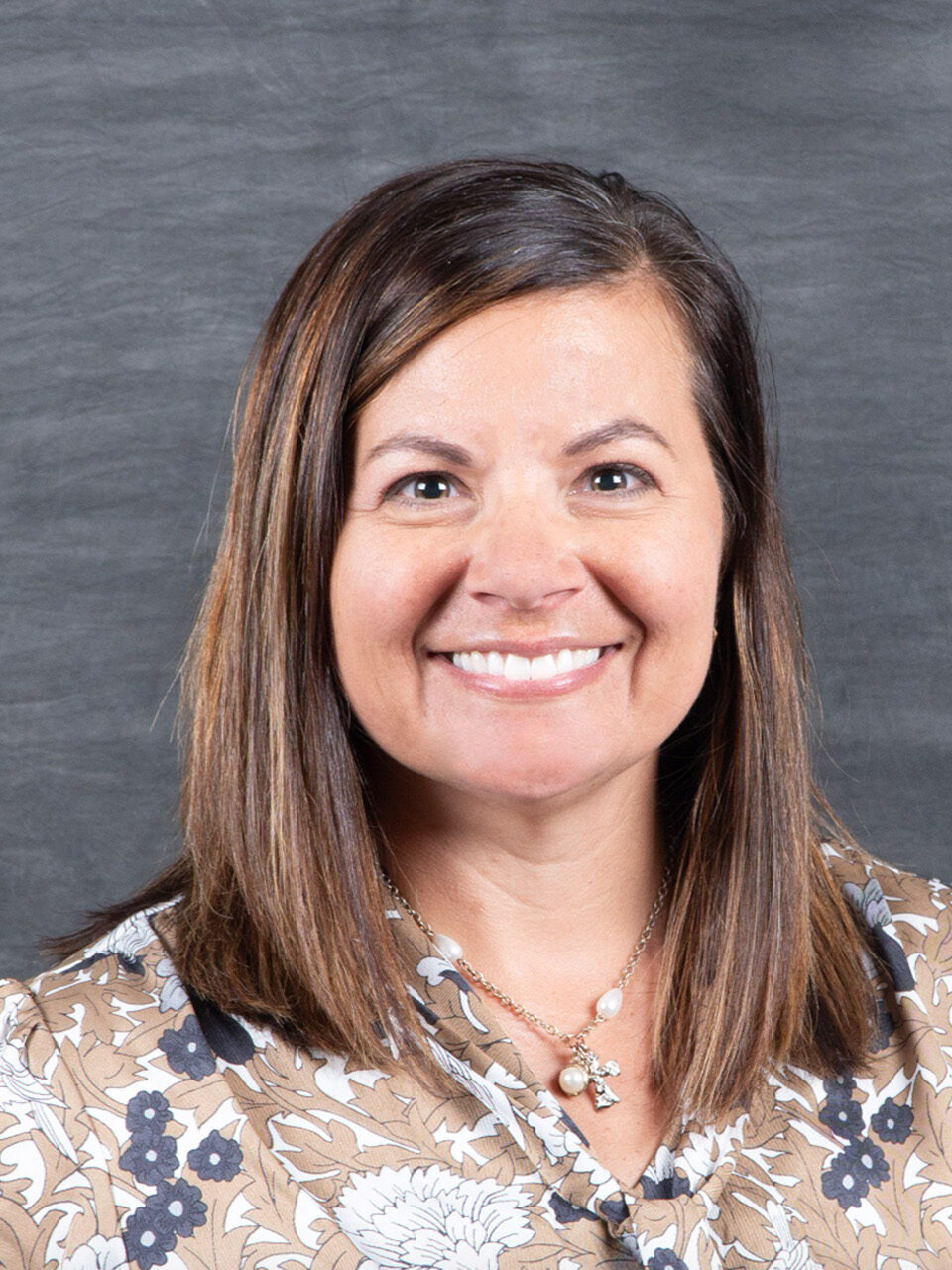
Tracy Lipinski EdD LSC
Assistant Professor of Counseling
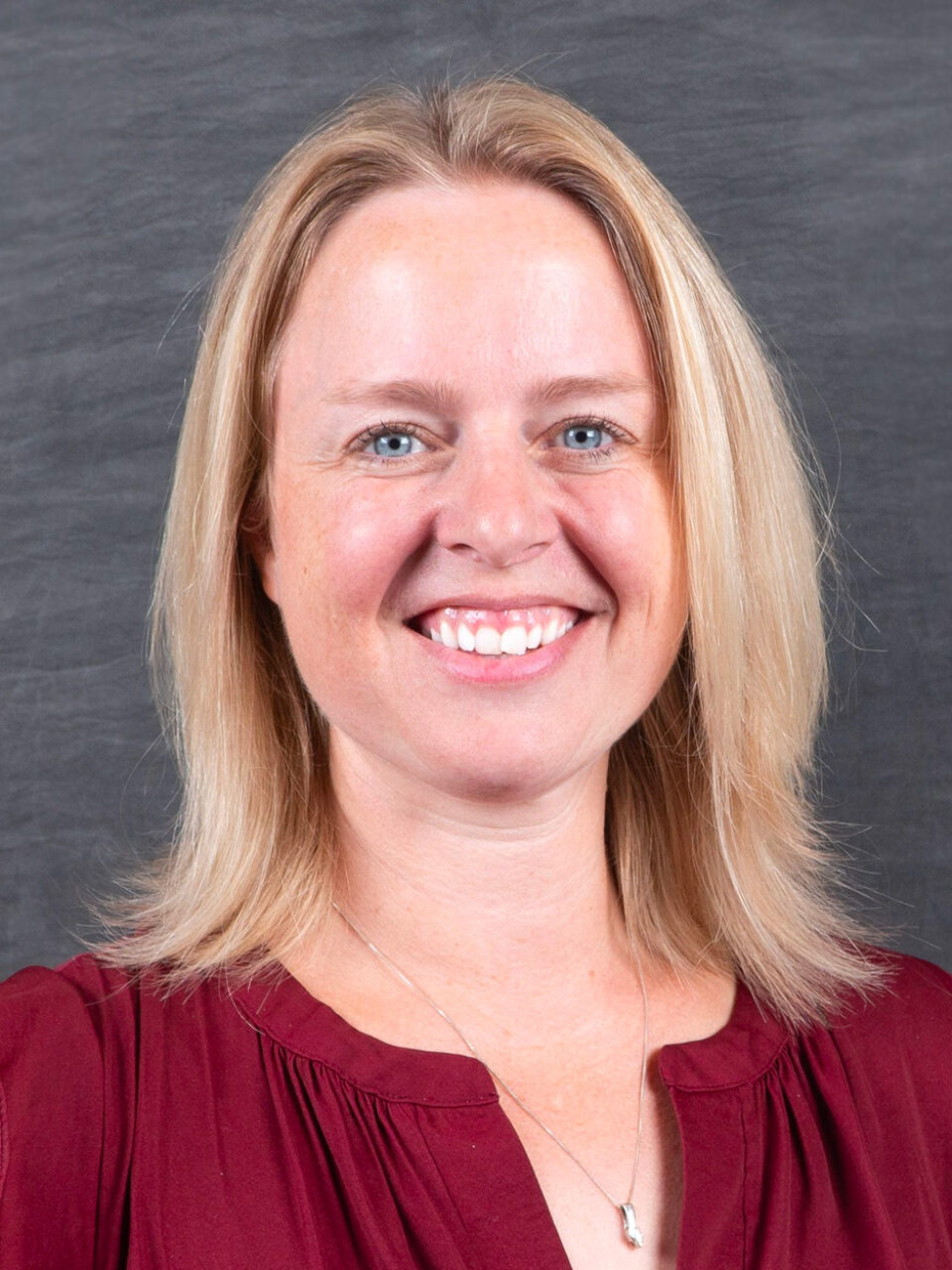
Steffanie Schilder PhD, LP, LMHC, LPC
Associate Professor of Counseling
Clinical Mental Health Counseling Program Director

